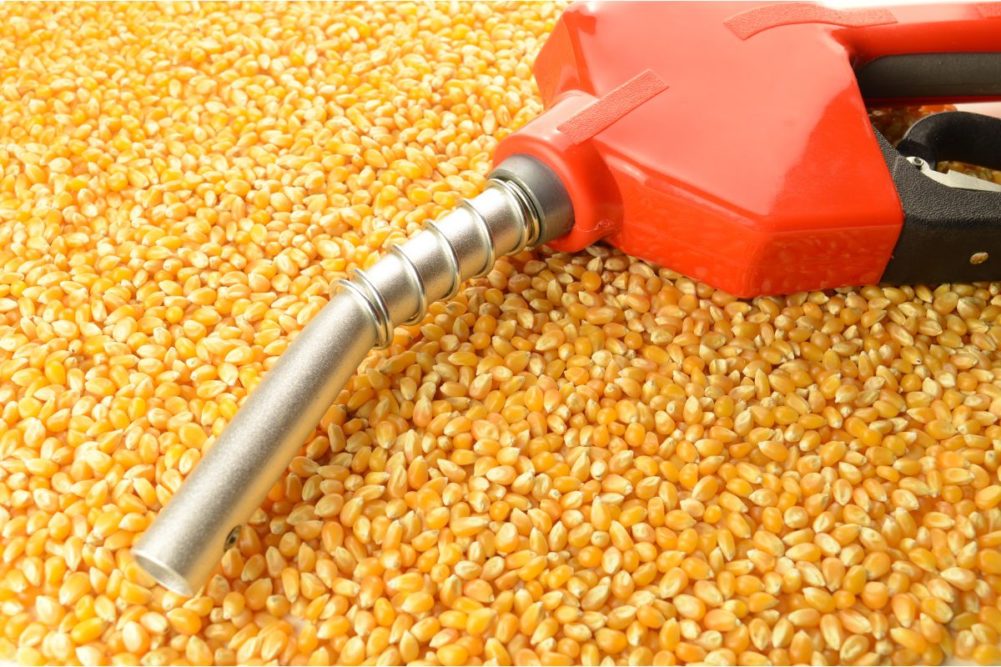WASHINGTON, DC, US — US agriculture groups have joined with the American Petroleum Institute in a lawsuit challenging heavy-duty vehicle emissions standards for model years 2027-32 by the Environmental Protection Agency (EPA).
The lawsuit was filed in DC Circuit Court of Appeals and included the National Corn Growers Association, the American Farm Bureau Federation and the Owner-Operator Independent Drivers Association.
The groups said EPA exceeded its congressional authority with the regulation with targets that rely too heavily on electrification and do not fully appreciate the role low-carbon fuels like ethanol play in the transportation sector.
“EPA has tried to impose a one-size-fits-all approach to addressing climate change by prioritizing electric vehicles over other climate remedies like corn ethanol,” said Minnesota farmer and National Corn Growers Association President Harold Wolle. “But while it could take decades to get enough electric vehicles on the road to make a dent in GHG emissions, lower carbon fuels such as ethanol are critical and effective climate tools that are available now. Ethanol is not only critical in the climate fight, but it also saves consumers money at the pump while benefiting America’s rural economies. We look forward to making this case in court.”
The groups also noted that EPA’s standard will put America’s farmers and their livestock at risk.
“Farmers rely on heavy-duty trucks to transport livestock long distances, and they choose the most efficient routes to ensure the animals in their care remain on the vehicle for as little time as possible,” said American Farm Bureau Federation President Zippy Duvall. “Unfortunately, heavy-duty vehicles that are powered by batteries have short ranges and require hours to charge. Impractical regulations will extend the amount of time on the road, putting the health and safety of drivers and livestock at risk if they need to stop for long periods of time to charge.”
In March, the Biden administration finalized new federal emissions standards for heavy-duty vehicles (including commercial vehicles). In the final rule, EPA projects that there would need to be significant deployment of zero-emission vehicles throughout the heavy-duty fleet to meet emissions standards.




